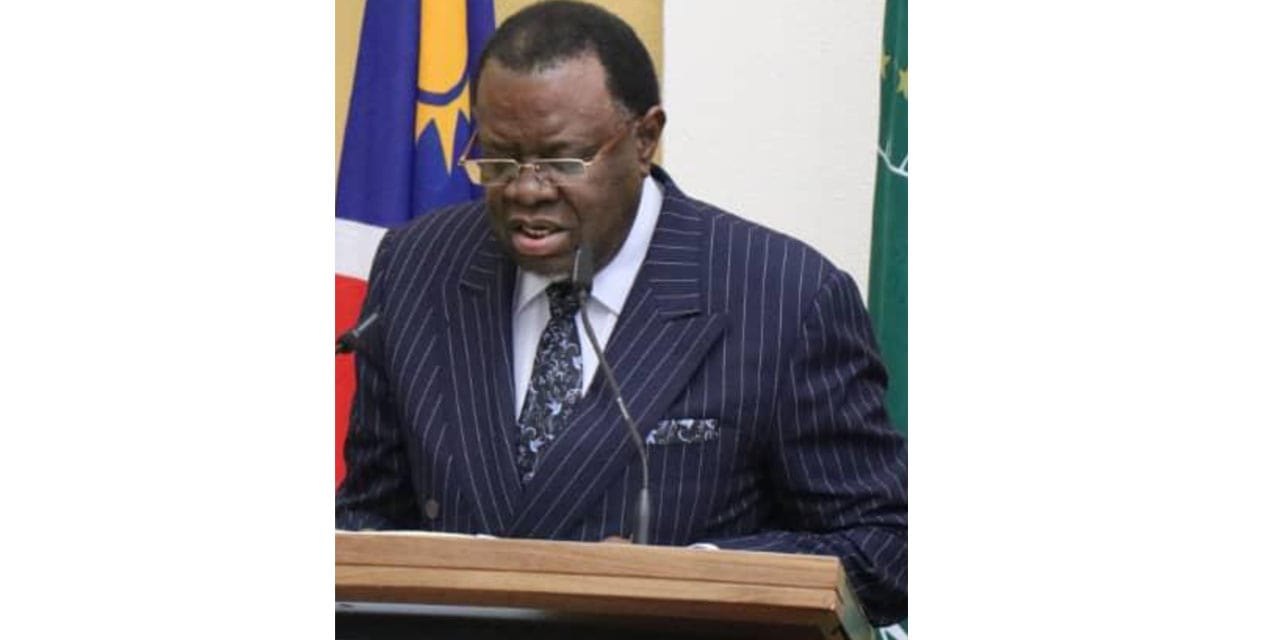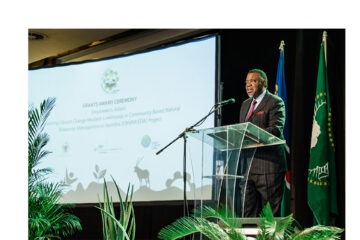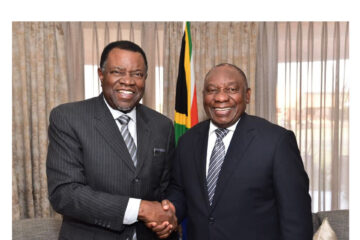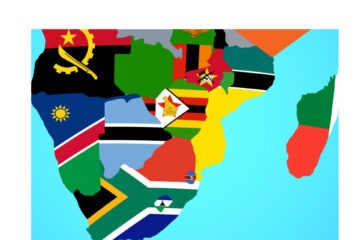Tujoromajo Kasuto
A cash payment of N$500 to replace food assistance to Food Bank beneficiaries has started this month.
The first recipients of the cash payment will be current beneficiaries in the 28 constituencies where the Food Bank programme was active.
The programme is currently service 9 967 household across all fourteen regions and will disburse cash of N$500 to these households.
Despite many communities welcoming the payment, others are of the view that the food parcels had more cash value than the N$500 dollars, especially now that food prices have skyrocketed.
Meanwhile President Hage Geingob in his 8th State of the Nation address today said that the government’s social safety nets, including the Food Bank, Drought Relief, Old Age Social
Grant and Grants to marginalised communities, people with disability, orphans and vulnerable children, as well as the School Feeding Programme, have gone a long way to mitigate hunger and poverty among many vulnerable households.
He says that on average the Government spends in excess of 412 million dollars per month on social safety nets and an additional 160 million on drought relief per annum.
Twenty percent of the total population receives a Government grant in one form or another, which translates to approximately 500,000 individuals, not taking into account the multiplier effect of beneficiaries per household.
‘’The consolidation of the Food Bank into a modified, conditional Basic Income Grant, in the form of cash transfers of 500 Namibian Dollars, will go a long way to provide daily necessities and
boost micro-economic activities in communities,’’ the President reiterated.Beneficiaries of the cash transfers will be paid using three modes of payment namely, cash mobile (paymaster), commercial banks, or Nampost saving account. Beneficiaries will choose their preferred mode of payment.
The transition from food parcels to cash for Food Bank beneficiaries began this month, therefore the last food parcels were distributed in March and the cash payments will only be given to the head of the house or an alternate member appointed by the head of household to receive the money on behalf of the household.
Lukas Haufiku in the Ministry of Poverty Eradication and Social Welfare said that to strengthen the Food Bank programme, the 2nd Harambee Prosperity Plan (HHP II) directed the ministry to revise and convert the food bank into a monthly cash transfer, as a first step to phase in a conditional Basic Income Grant (BIG).
In addition, it directed that the transitional conditional BIG be paid only to existing Food Bank beneficiaries.
The Special Feeding Programme for the marginalised, on the other hand, currently has a total coverage of 29 004 households operating in 10 regions namely Kavango East, Kavango West, Kunene, Omaheke, Ohangwena, Omusati, Oshana, Oshikoto, Otjozondjupa and Zambezi).
This program’s appropriated budget is N$50 575 000 for 2021/2022 financial year. The current Food Bank and the Special Feeding for the Marginalised is implemented in the form of food aid as opposed to food assistance.
While food aid help beneficiaries in the form of basic food items, food assistance involves the provision of support in the form of cash, making beneficiaries actors in the choice of food they need.
Therefore, the Ministry says the cash transfer is efficient and cost-effective thus maximising the number of people reached, that is also known to have a multiplier effect on the local markets.




